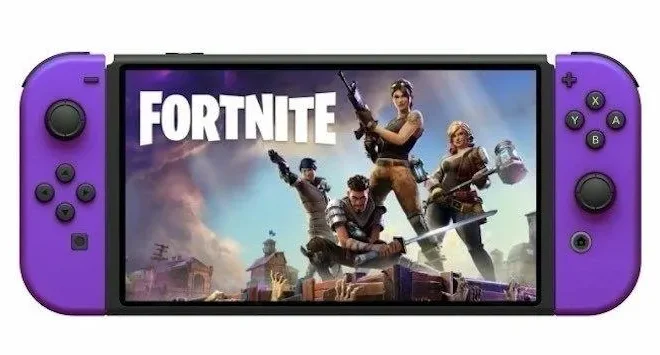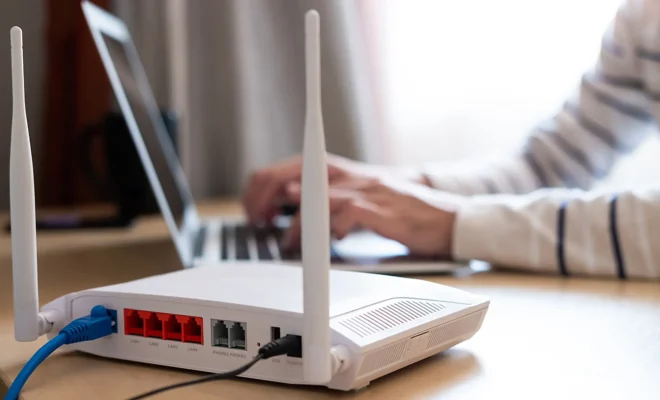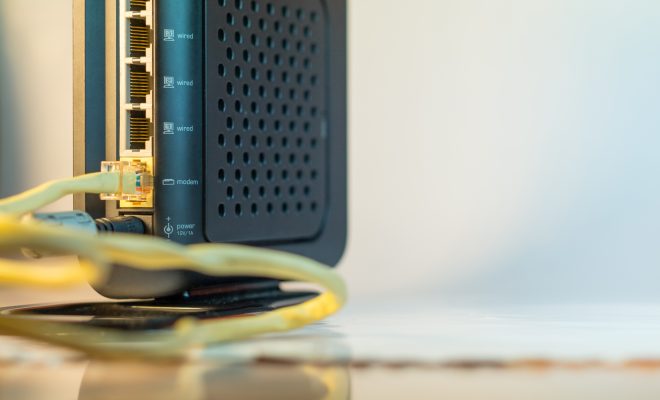Who Owns the Internet?

The Internet is an intricate web of interconnected networks and devices that provide a vast array of information and services to people all over the world. While the internet is a powerful tool that has revolutionized the way we live, work, and communicate, the question of who owns it remains a complicated and often-debated issue.
To answer this question, we must first understand how the internet works. The internet is made up of a complex network of interconnected devices, including personal computers, mobile phones, servers, and other network devices. These devices are owned by various individuals, corporations, and governments, who collectively maintain the infrastructure that makes the internet possible.
In recent years, several companies have played a significant role in shaping the internet, including Google, Facebook, Amazon, and Apple. These tech giants have built massive digital empires that provide a vast range of services and products to billions of people worldwide. While these companies have significant control over the internet’s architecture, they do not own or control it outright.
The internet’s infrastructure is maintained and regulated by various organizations, including the Internet Corporation for Assigned Names and Numbers (ICANN) and the World Wide Web Consortium (W3C). ICANN manages the Domain Name System (DNS), which allows users to access websites using human-readable domain names, such as google.com or facebook.com. W3C, on the other hand, sets standards for the web’s design and functionality.
While these organizations play a critical role in maintaining the internet’s infrastructure, they are not the internet’s owners. The internet’s true owners are the millions of people who use it every day.
The internet has always been designed to be a decentralized and accessible platform, free from government or corporate control. It’s an open and inclusive platform, where anyone can create and publish content and connect with others worldwide. While companies and governments have a degree of control over certain aspects of the internet, they do not control it completely.






